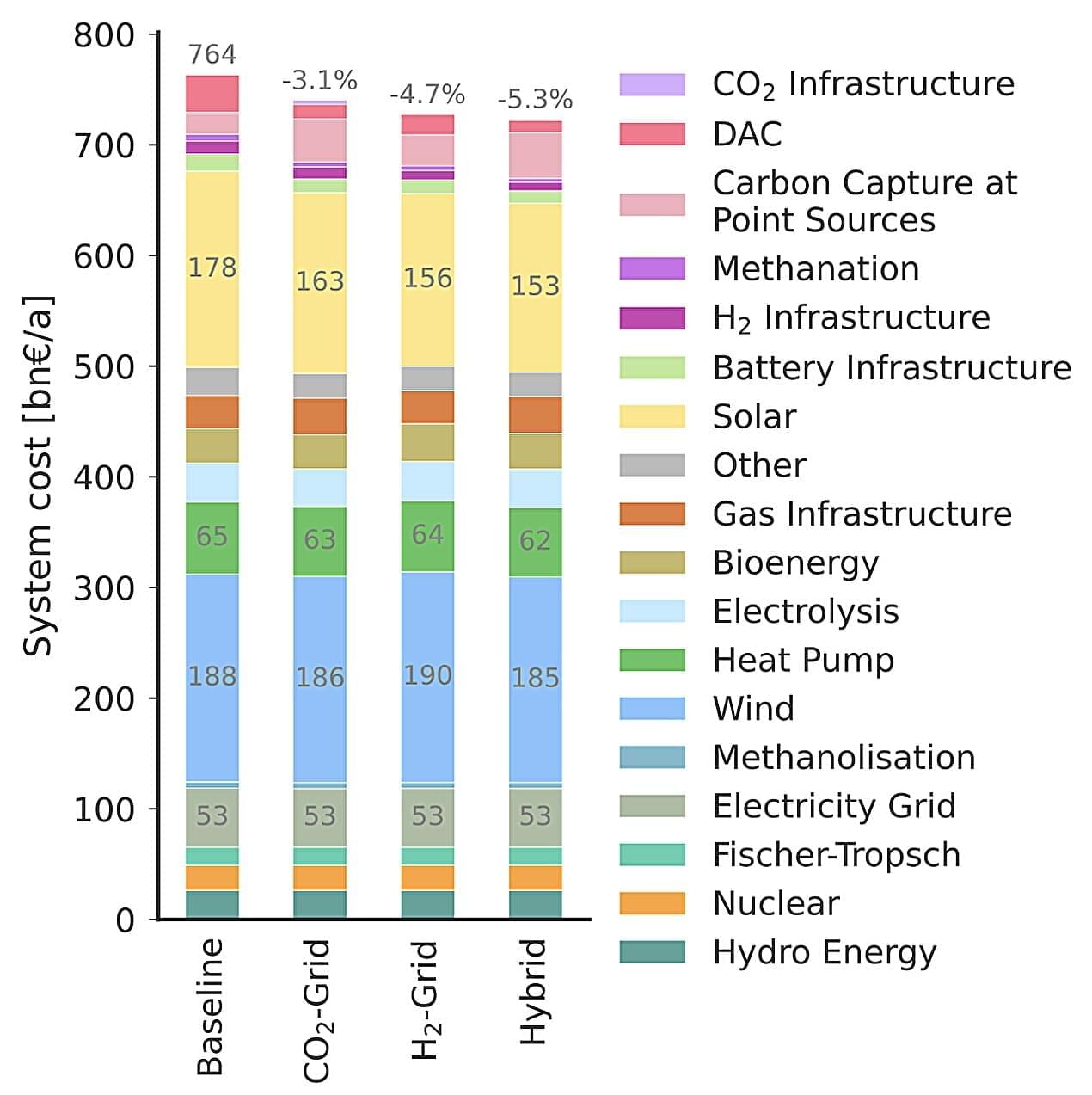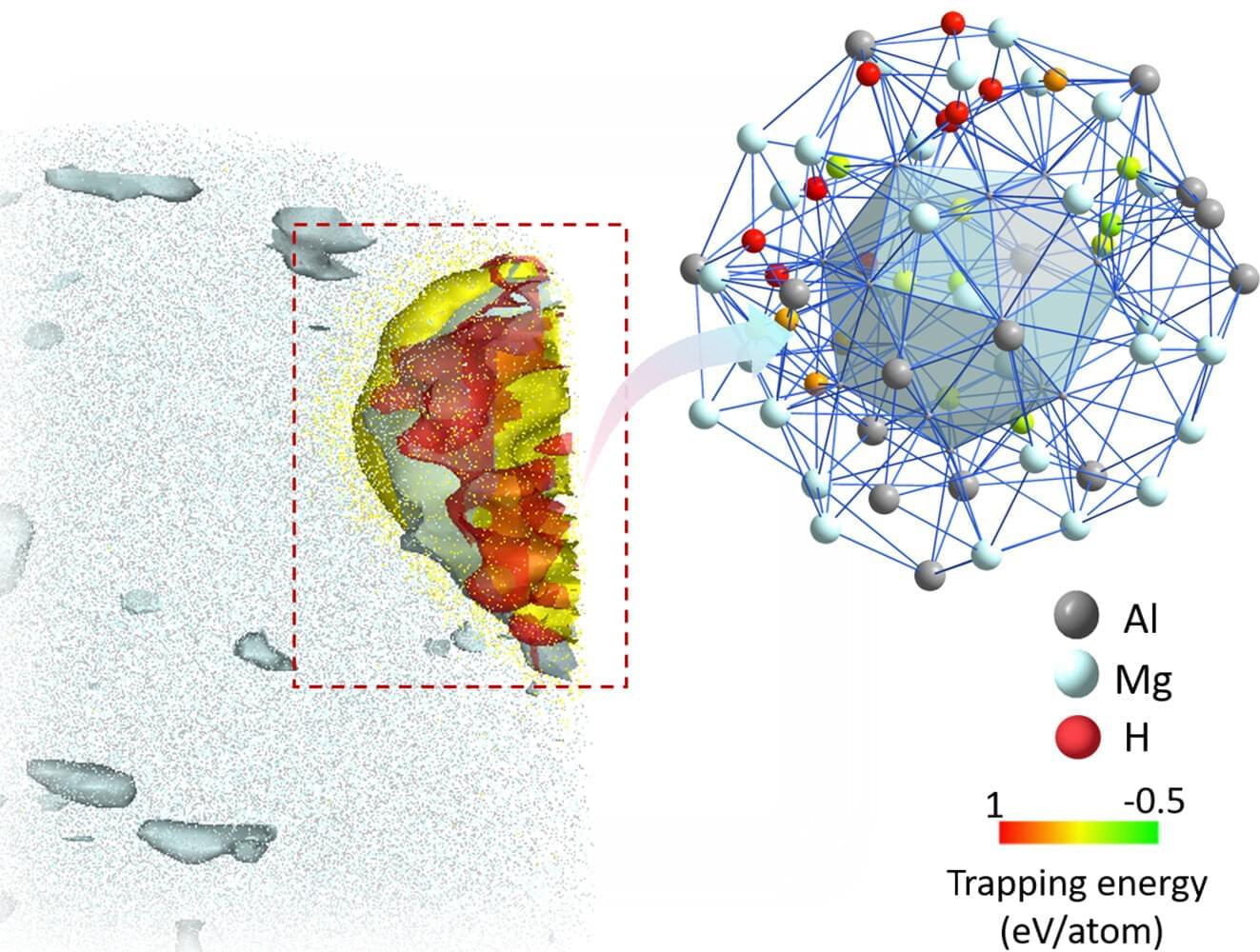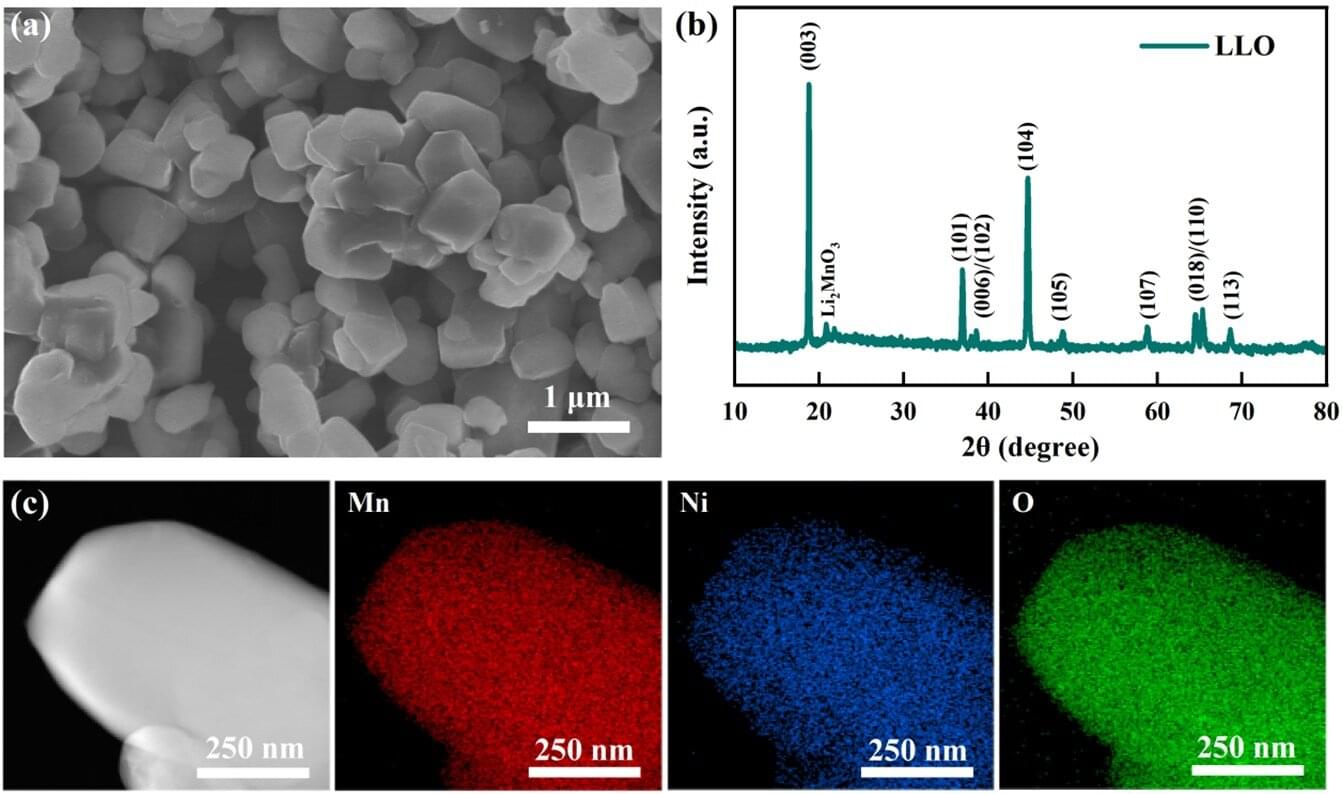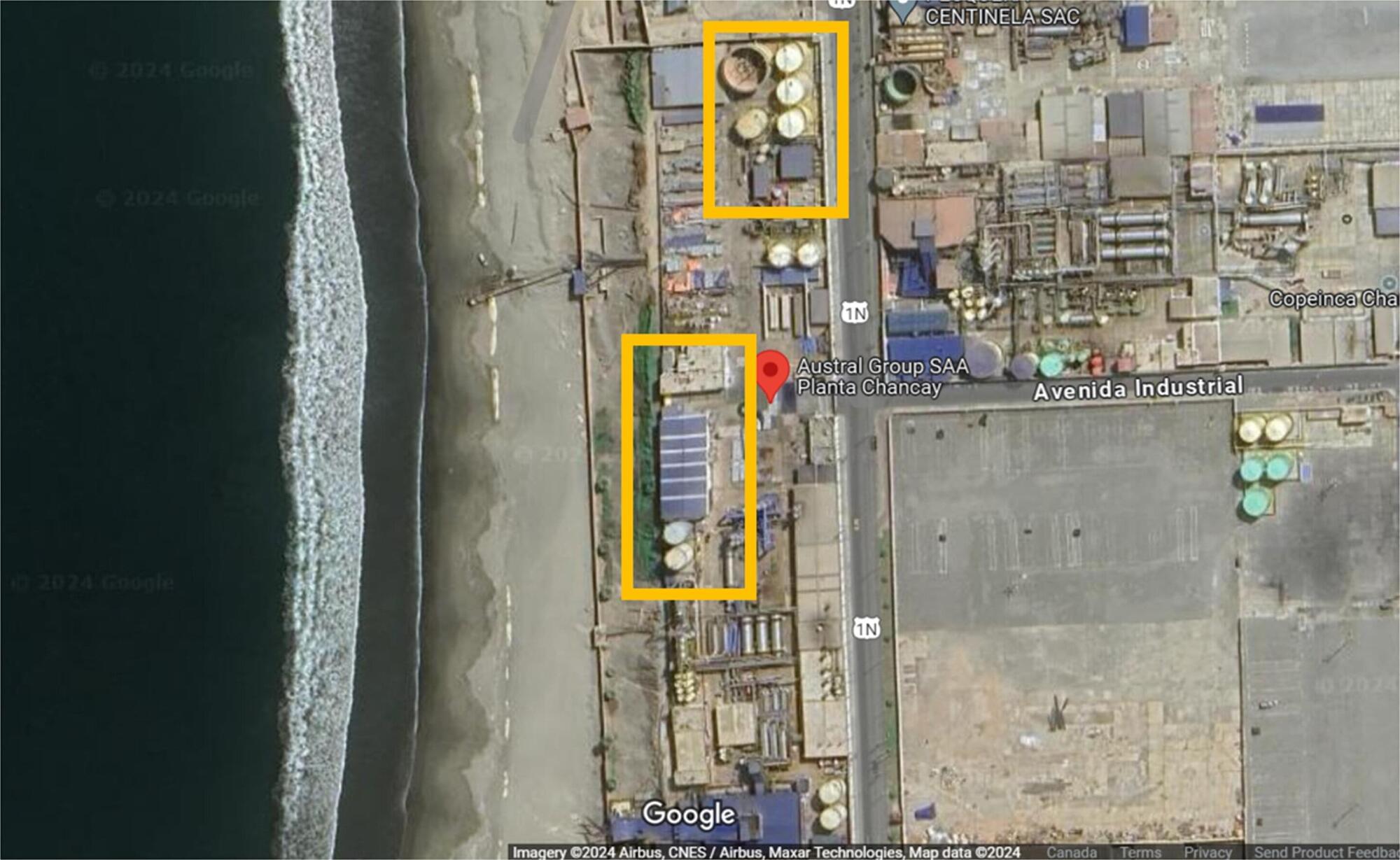In this week’s episode we interview author, AI theorist and researcher David Shapiro is part philosopher, part theorist with a fair bit of practical wisdom thrown in. With a hit YouTube channel Shapiro travels the globe as a speaker and advisor musing on the longer-term impacts of AI, technology and human adaptability. In this deep conversation with host Brett King, we delve into the ways in which advanced AI might completely transform our way of life, including economics, politics and what it means to be human itself. This is not one you’ll want to miss.
Follow David Shapiro: @DaveShap
ABOUT SHOW
Subscribe and listen to TheFuturists.com Podcast where hosts Brett King and Robert TerceK interview the worlds foremost super-forecasters, thought leaders, technologists, entrepreneurs and futurists building the world of tomorrow. Together we will explore how our world will radically change as AI, bioscience, energy, food and agriculture, computing, the metaverse, the space industry, crypto, resource management, supply chain and climate will reshape our world over the next 100 years. Join us on The Futurists and we will see you in the future!
HOSTS
https://thefuturists.com/info/hosts-b… / brettking & http://brettking.com/
/ superplex &https://roberttercek.com/ SUBSCRIBE & LISTEN https://thefuturists.com/info/listen–… https://open.spotify.com/show/0nvdnEs… https://podcasts.apple.com/us/podcast… https://blubrry.com/thefuturists/ FOLLOW & ENGAGE
/ futuristpodcast
/ futuristpodcast
/ thefuturistspodcast
/ @thefuturistspodcast GET EVEN MORE https://thefuturists.com/exclusive/
/ brettking & http://brettking.com/
/ superplex & https://roberttercek.com/
SUBSCRIBE & LISTEN
https://thefuturists.com/info/listen–…
https://open.spotify.com/show/0nvdnEs…
https://podcasts.apple.com/us/podcast…
https://blubrry.com/thefuturists/
FOLLOW & ENGAGE






